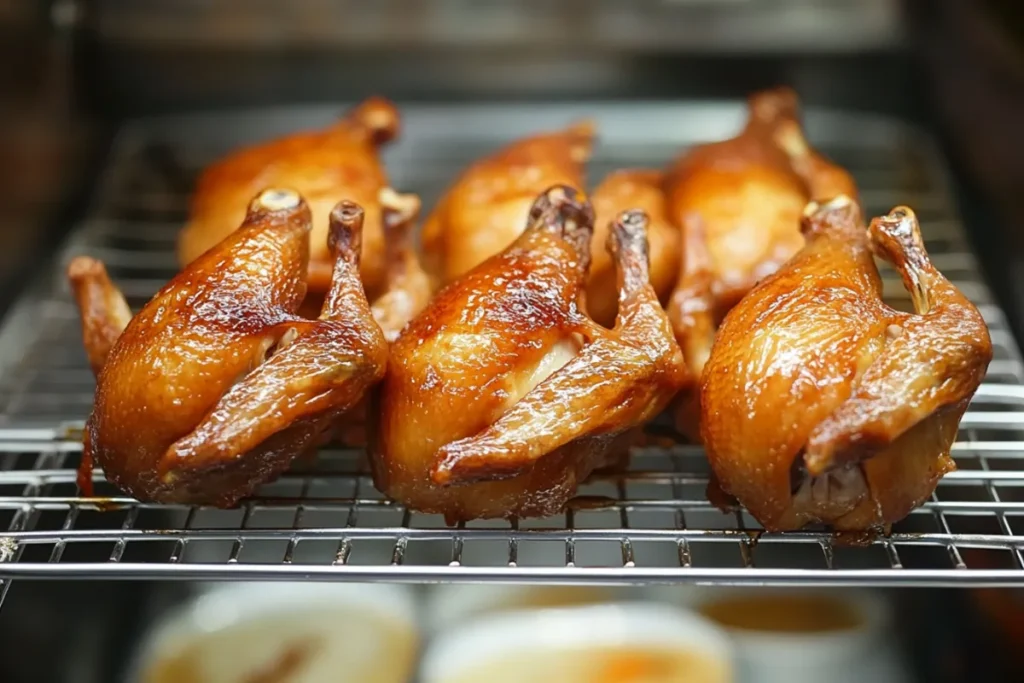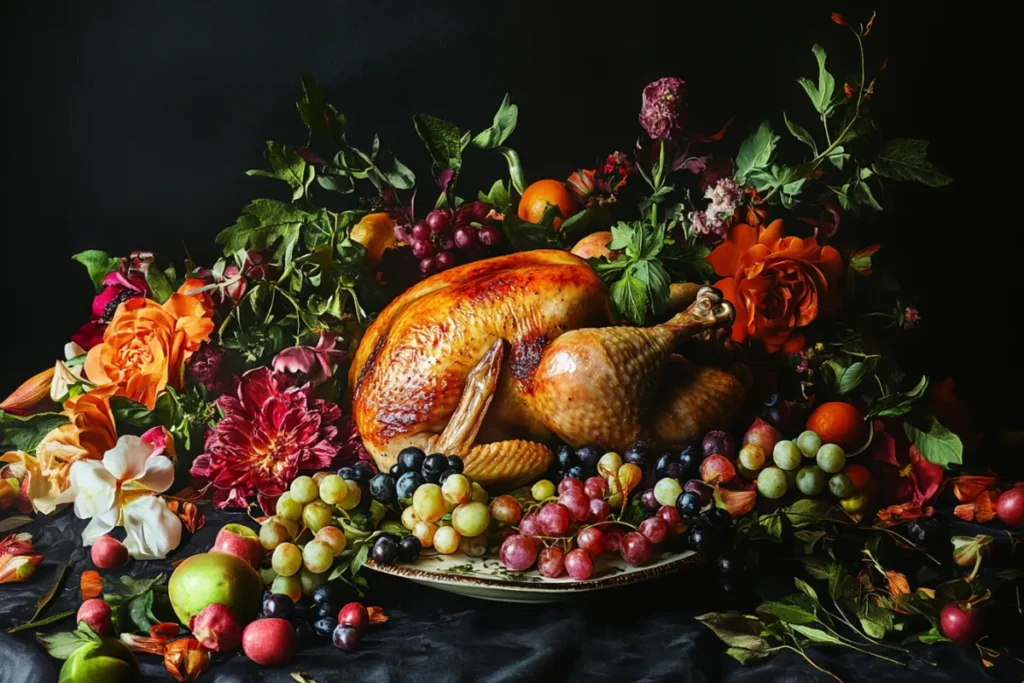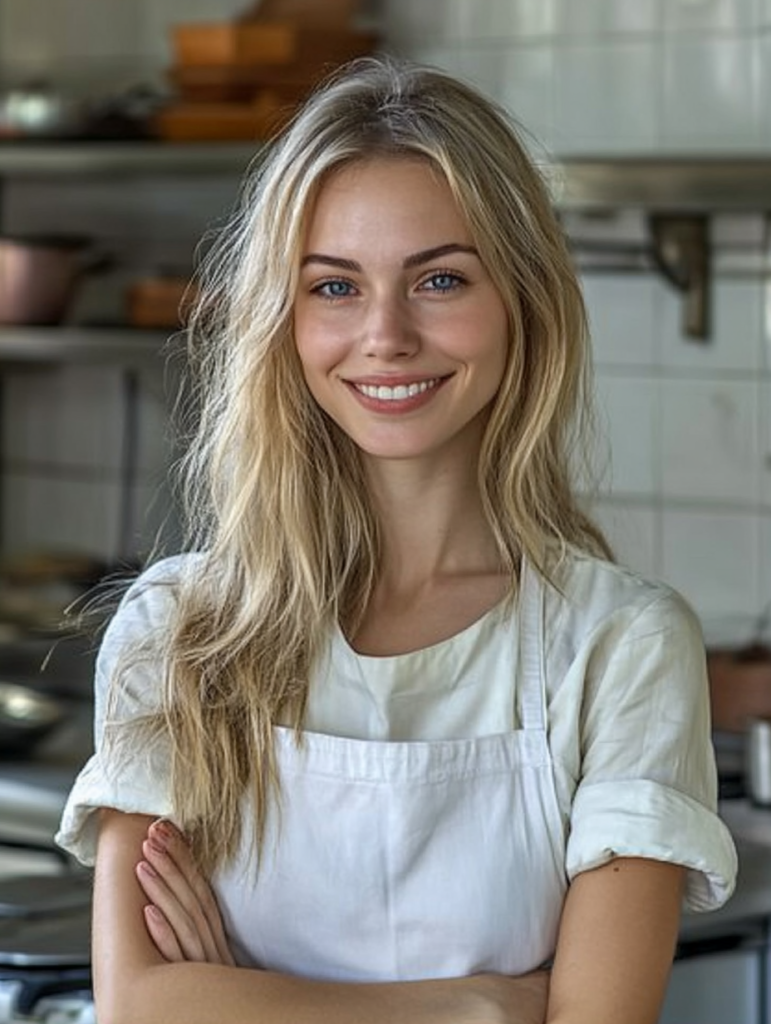Few dishes hold as much universal appeal as David Chang roast chicken. This beloved staple, often prepared with golden, crispy skin, is a favorite among families and chefs alike. However, David Chang, the celebrated chef and founder of the Momofuku empire, dares to challenge traditional norms by suggesting that boiling chicken is a superior method. According to him, boiling not only locks in moisture but also creates a flavorful broth, opening up endless culinary possibilities. His unique perspective has reshaped how many approach chicken preparation, blending practicality with innovation.
At first glance, the idea of boiling chicken may seem underwhelming compared to the sensory experience of roasting: the tantalizing aroma, the crispy skin, the caramelized edges. Yet, Chang’s perspective flips the script, highlighting the often-overlooked benefits of boiling. This method locks in moisture, creates a nutrient-rich broth, and delivers a level of tenderness that roasting can struggle to achieve. His approach, rooted in practicality and inspired by Asian culinary traditions, redefines what it means to prepare chicken.
But this isn’t just a debate about cooking methods—it’s a larger conversation about innovation in the kitchen. Chang’s philosophy challenges home cooks and professionals alike to reconsider how they approach staple ingredients. Whether you’re a die-hard fan of crispy roasted chicken or curious about boiling’s potential, exploring these techniques can open the door to new flavors, healthier meals, and a deeper appreciation for this timeless dish.
In this article, we’ll delve into David Chang’s bold take on chicken, comparing boiling and roasting, exploring their cultural roots, and uncovering tips to perfect each method. Along the way, we’ll discover how Chang’s approach encourages creativity, efficiency, and the endless possibilities that come from rethinking a classic.
Why David Chang Roast Chicken Is Redefining Classic Cooking

Roasting chicken is celebrated for its crispy skin and bold flavors, but David Chang suggests that boiling brings significant benefits that are often overlooked. According to him, boiling preserves the chicken’s natural moisture while producing a flavorful broth that can be reused for other dishes like soups and sauces. It’s a technique grounded in practicality and simplicity, traits that Chang often praises in his cooking philosophy.
For more insights into preparing chicken innovatively, you can explore Chicken Neck Recipes, which showcase how to use all parts of the bird creatively.
Boiling Chicken Recipe: Insights from David Chang Roast Chicken
- Enhanced Moisture Retention: Unlike roasting, which can dry out the meat, boiling ensures the chicken remains tender and juicy.
- Multi-Purpose Broth: The liquid left after boiling doubles as a nutrient-rich base for soups, stews, or sauces.
- Nutritional Advantages: Boiling reduces fat content, making it a healthier option for those seeking lighter meals.
- Versatility: Boiled chicken serves as an excellent base for diverse dishes, from salads to noodle soups.
Roast vs. Boiled Chicken: What Sets David Chang’s Method Apart?
Chang’s preference for boiling stems from his admiration for Asian culinary traditions. In countries like China, Korea, and Vietnam, boiling is a fundamental technique used to highlight the natural flavors of ingredients. Whether it’s poached chicken in Hainanese chicken rice or chicken stock in noodle dishes, this method has long been revered for its simplicity and effectiveness.
If you’re interested in how Asian cuisine inspires diverse chicken dishes, check out the Ultimate Guide to Bibimbap Chicken Recipes. It delves into how chicken plays a versatile role in Korean cuisine.
Using David Chang Roast Chicken Philosophy to Elevate Your Meals

At the heart of Chang’s philosophy is the idea of practicality. He emphasizes methods that maximize flavor without requiring elaborate techniques or expensive equipment. This approach is evident in his advocacy for boiling chicken, which requires only a pot, water, and some basic aromatics like ginger and scallions.
Chang’s Recipe for Boiled Chicken
- Start with a whole chicken, cleaned and prepared.
- Add water to a large pot, enough to submerge the chicken fully.
- Toss in aromatics like ginger, garlic, scallions, and salt.
- Bring the water to a boil, then reduce to a gentle simmer.
- Cook for 45–60 minutes, or until the chicken is fully cooked.
- Remove the chicken and let it rest before serving.
Creative Recipes Inspired by David Chang Roast Chicken
While David Chang advocates for boiling, he doesn’t entirely dismiss roasting. Instead, he highlights the strengths and limitations of both methods, offering insights for those who prefer the traditional approach.
Advantages of Roasting Chicken
- Crispy Skin: Roasting delivers a golden, crisp exterior that boiling cannot replicate.
- Bold Flavor Profile: Caramelization during roasting enhances the chicken’s taste.
- Visual Appeal: A beautifully roasted chicken is often the centerpiece of a dinner table.
Roasting Tips from Chang
- Dry Brine: Season the chicken with salt and spices, then refrigerate uncovered overnight. This enhances flavor and ensures crispy skin.
- High Heat: Roast at 400°F to create a perfect balance between crisp skin and juicy meat.
- Resting Period: Let the chicken rest for at least 15 minutes after cooking to allow the juices to redistribute.
For those who enjoy exploring roasting techniques, the guide on How to Keep Chicken Cutlets Moist provides additional tips for retaining flavor in baked or roasted chicken dishes.
Versatility in Dishes
Whether boiled or roasted, chicken is one of the most adaptable proteins in the culinary world. David Chang’s methods emphasize using every part of the chicken and repurposing it in creative ways. Boiled chicken, for instance, can be shredded for salads, used in sandwiches, or incorporated into noodle soups.
Popular Dishes Using Boiled Chicken
- Chicken Salad: Combine shredded boiled chicken with fresh vegetables, herbs, and a tangy dressing for a light yet flavorful dish. The Rachael Ray Chicken Salad Guide offers great inspiration for innovative salad recipes.
- Noodle Soups: Add boiled chicken to a hearty broth with noodles, scallions, and spices for a comforting meal.
- Chicken Wraps: Use boiled chicken as a filling for wraps or tacos, paired with fresh greens and sauces.
Health Benefits of David Chang Roast Chicken and Boiling Techniques
One key advantage of David Chang’s boiling method is its health benefits. Boiling reduces fat content, retains nutrients, and creates a nutrient-rich broth that can serve as a base for countless dishes. This makes it an excellent choice for anyone prioritizing lighter, more nutritious meals.
For more on the nutritional value of chicken and its preparation, see Health Benefits of Chicken Broth.
Nutritional Highlights of Boiled Chicken
- Low in Fat: Unlike roasting, which may increase fat content, boiling eliminates excess grease.
- High in Protein: Boiled chicken is an excellent source of lean protein, essential for muscle repair and growth.
- Hydrating Properties: The broth created during boiling helps replenish electrolytes and provides hydration.
For more health-conscious recipes, the Homemade Chicken Bone Broth Recipe offers a step-by-step guide to creating a nutritious broth that complements boiled chicken.
FAQs About David Chang Roast Chicken and Its Versatility
1. Why does David Chang prefer boiling over roasting chicken?
David Chang champions boiling as it preserves the chicken’s natural moisture, ensuring tender and flavorful meat every time. This method also creates a rich and versatile broth, which can be used as a base for soups, sauces, or stews. Unlike roasting, which can sometimes result in dry meat, boiling maintains the chicken’s juiciness and enhances its versatility for various dishes.
2. Is boiled chicken healthier than roasted chicken?
Yes, boiling is generally considered a healthier cooking method. Boiling reduces fat content by allowing excess fat to float to the surface, which can then be skimmed off. Additionally, boiling retains more nutrients compared to roasting, where some vitamins and minerals may degrade at high temperatures. The nutrient-rich broth from boiling adds another layer of health benefits, making it a great choice for lighter, protein-packed meals.
3. Can boiled chicken be as flavorful as roasted chicken?
Absolutely! While roasted chicken boasts bold, caramelized flavors, boiled chicken excels in its ability to absorb flavors from aromatics like ginger, garlic, and herbs added to the water. The resulting broth infuses the meat with layers of seasoning, making it delicious and versatile. By properly seasoning the cooking liquid, you can create a flavorful boiled chicken that rivals the taste of a well-roasted bird.
4. What dishes can I create with boiled chicken?
Boiled chicken is incredibly versatile and serves as a base for countless dishes. Here are some popular options:
- Chicken Salad: Toss shredded boiled chicken with vegetables, herbs, and a tangy dressing.
- Noodle Soups: Add pieces of boiled chicken to a hearty broth with noodles and spices for a comforting meal.
- Tacos or Wraps: Use boiled chicken as a filling for wraps, paired with fresh greens, salsa, or sauces.
- Casseroles and Rice Dishes: Combine boiled chicken with rice, vegetables, and spices for a wholesome one-pot meal.
- Sandwiches: Layer boiled chicken with your favorite condiments for a simple, protein-rich sandwich.
5. What is the benefit of the broth created during boiling?
The broth created during the boiling process is a valuable by-product, packed with flavor and nutrients. It can be used as:
- A base for soups, such as chicken noodle soup or vegetable stew.
- A cooking liquid for rice or grains to add depth of flavor.
- An ingredient in sauces and gravies for extra richness.
- A soothing drink on its own, especially when infused with herbs and spices.
This dual-purpose feature makes boiling an efficient method that minimizes waste while maximizing flavor.
6. How can I ensure my boiled chicken stays flavorful?
To create flavorful boiled chicken, consider the following tips:
- Season Generously: Add salt, pepper, and aromatics like ginger, garlic, and onions to the water.
- Use Broth Instead of Water: Start with a pre-made broth to infuse even more flavor.
- Simmer Gently: Avoid boiling at high heat, which can toughen the meat. A gentle simmer is ideal for tender results.
- Rest Before Serving: Allow the chicken to rest after cooking so the juices settle, enhancing its taste and texture.
7. Can I still achieve crispy textures with boiled chicken?
While boiling doesn’t produce crispy skin like roasting, you can achieve similar results by combining methods. After boiling, you can quickly sear the chicken in a hot skillet or broil it in the oven to crisp up the exterior. This hybrid technique offers the best of both worlds—moist, tender meat and a crispy, golden surface.
David Chang roast chicken
8. Is it possible to adapt David Chang’s methods in a home kitchen?
Yes, David Chang’s techniques are accessible and easy to adapt at home. Boiling chicken requires minimal equipment—a pot, water, and some basic aromatics are all you need. For those who enjoy roasting, Chang’s tips, such as dry-brining and using high heat, are straightforward and can be incorporated into any home kitchen setup. Whether boiling or roasting, these methods cater to cooks of all skill levels.
David Chang roast chicken
9. Can boiled chicken be stored for later use?
Absolutely! Boiled chicken can be stored in an airtight container in the refrigerator for up to 3–4 days. The broth can also be saved in a separate container and frozen for future use. These leftovers are perfect for quick meals, such as salads, sandwiches, or soups, making boiled chicken a time-efficient option for meal prep.
David Chang roast chicken
10. What makes David Chang’s approach unique?
What sets David Chang apart is his focus on practicality, simplicity, and maximizing flavor. By rethinking the traditional approach to chicken, he encourages home cooks to embrace techniques that are not only accessible but also versatile. His advocacy for boiling reflects his respect for Asian culinary traditions while offering a fresh perspective that inspires creativity in the kitchen. This balance of innovation and simplicity is why his methods resonate with both amateur and professional chefs alike.David Chang roast chicken
Conclusion: Why David Chang Roast Chicken Is a Game Changer in the Kitchen
David Chang invites us to step away from the culinary norms and explore the possibilities beyond the beloved roast chicken. His advocacy for boiling chicken, grounded in simplicity and practicality, challenges us to rethink how we approach this staple dish. By boiling chicken, we gain more than just tender, juicy meat; we unlock a world of culinary opportunities, from nutrient-rich broths to versatile meals that can be tailored to every palate.
This method is particularly appealing to home cooks who value efficiency without sacrificing flavor. Chang’s philosophy emphasizes making the most of every ingredient, showcasing how boiling can be a gateway to healthier, more adaptable dishes. Whether it’s shredded chicken for a vibrant salad, the base for a comforting noodle soup, or the foundation of a nutrient-packed broth, boiling chicken aligns with modern culinary trends that prioritize nutrition and sustainability.
That said, roasting still has its place. The crispy, golden skin and bold flavors of a roasted chicken are unmatched when it comes to presentation and indulgence. For those special occasions or traditional dinners, roasting remains a cherished option. By understanding the strengths of both methods, you can seamlessly integrate them into your repertoire, ensuring variety and satisfaction in every meal.
Ultimately, David Chang’s revolutionary approach serves as a reminder that cooking is an evolving art. It encourages us to explore techniques that suit our preferences while honoring the timeless appeal of chicken. So, the next time you’re in the kitchen, consider taking a leaf out of Chang’s book—boil a chicken, create a flavorful broth, and let your culinary creativity shine. By doing so, you’ll not only elevate a classic dish but also embrace a philosophy of cooking that celebrates versatility, health, and simplicity.


